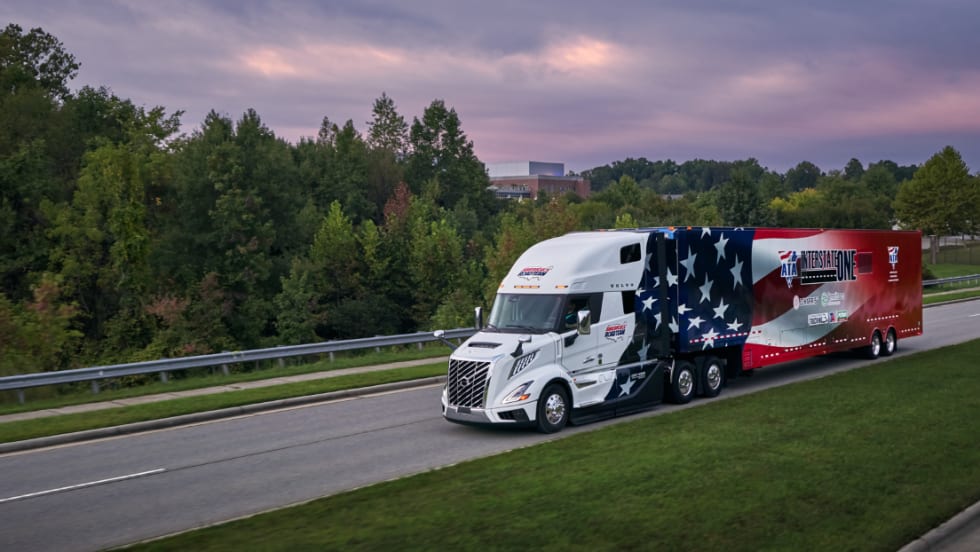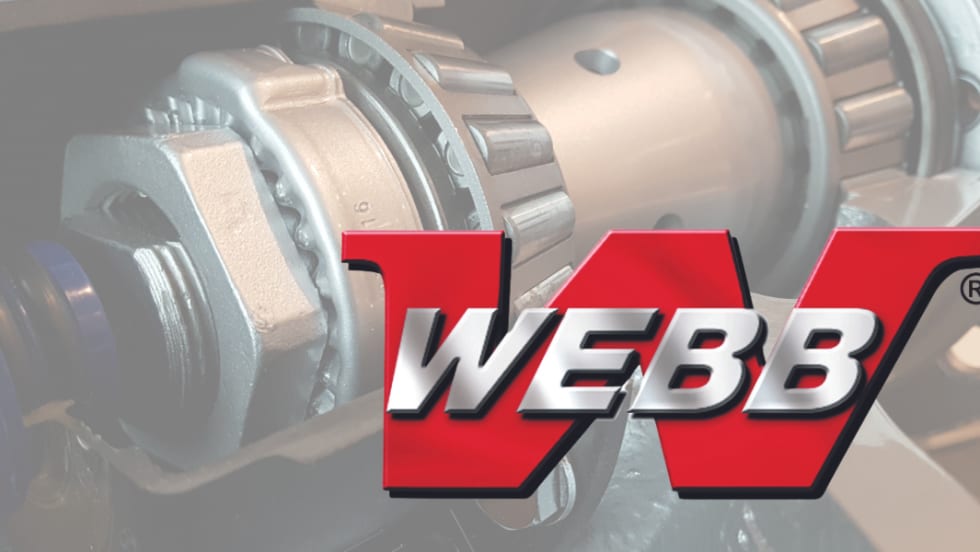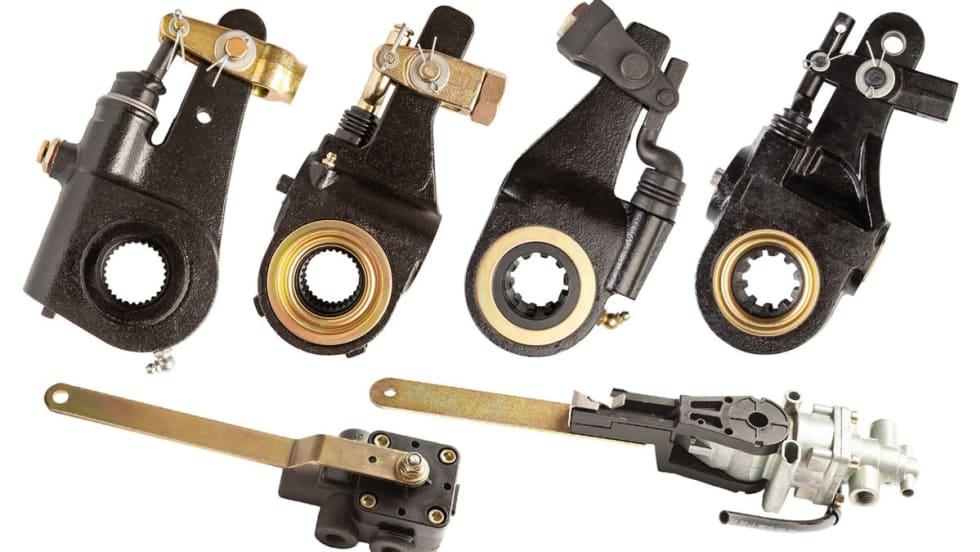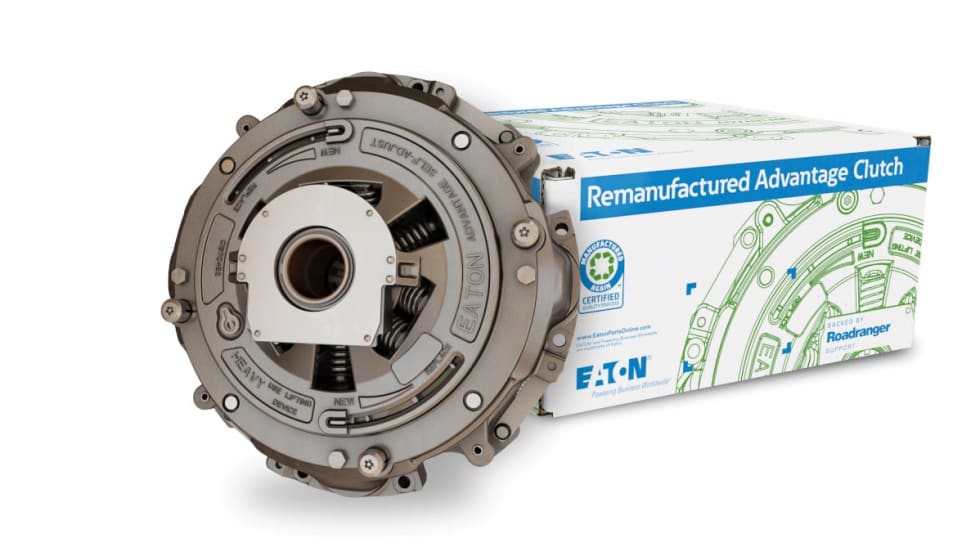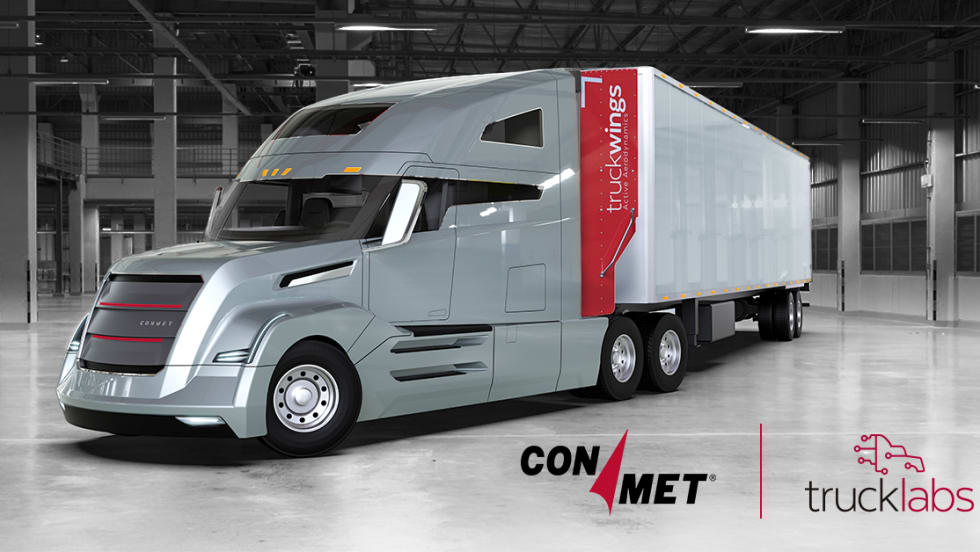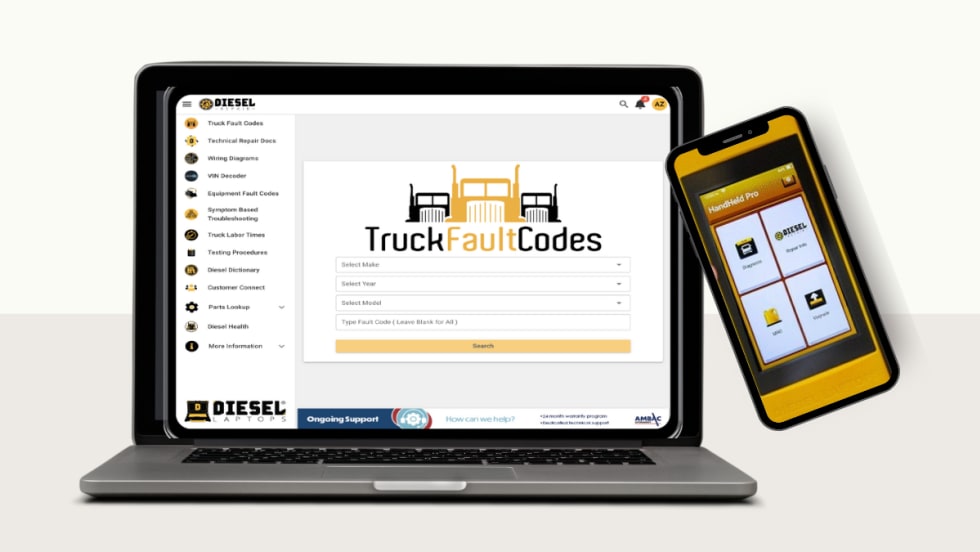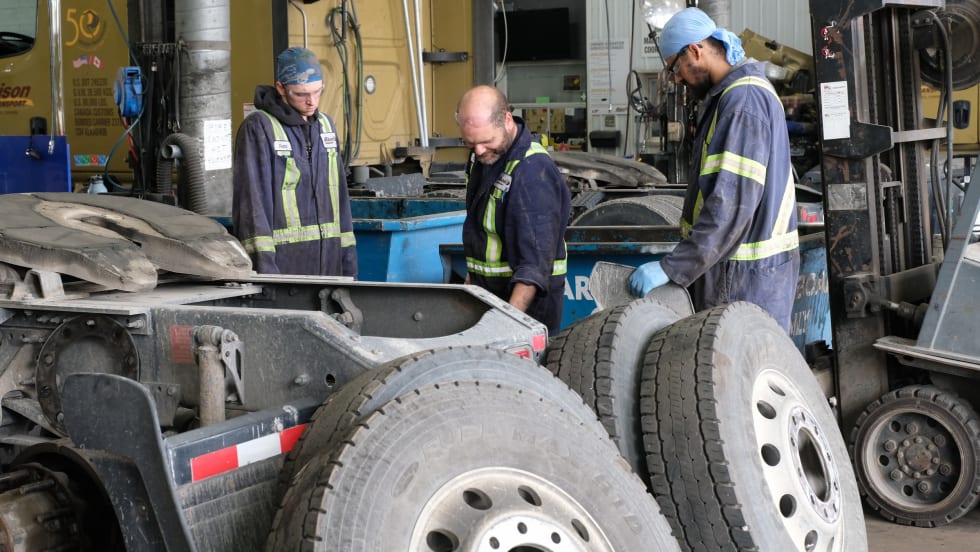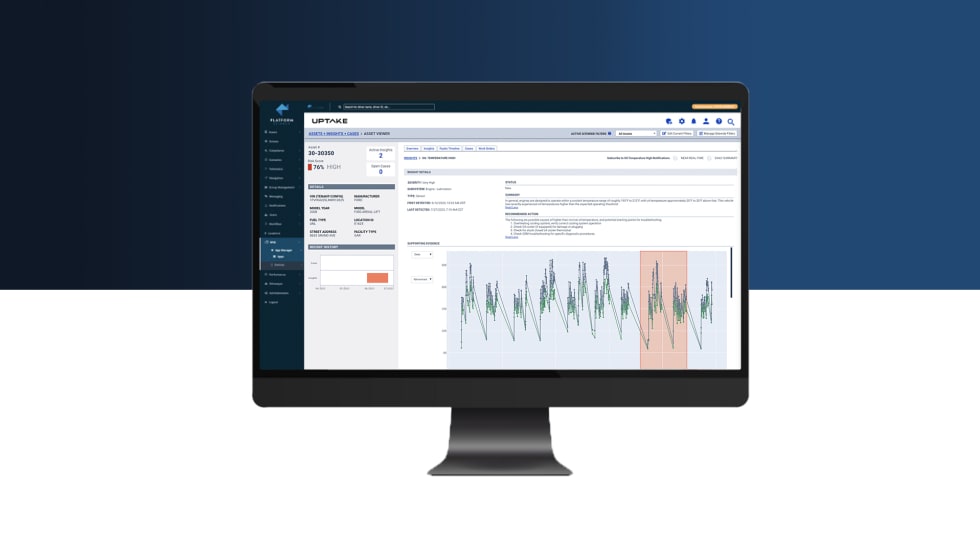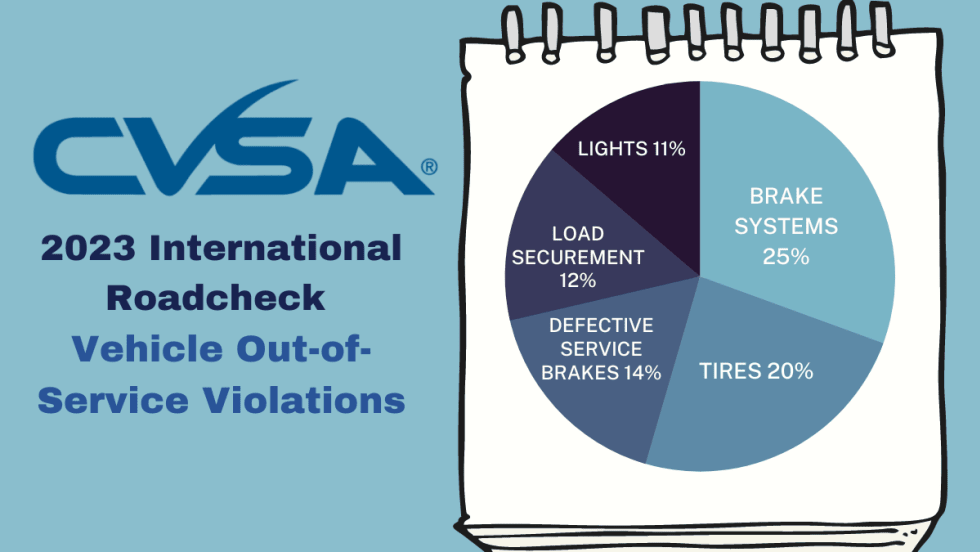You’d have to be living under a rock to not have at least heard of blockchain. It’s described as a digital shared ledger used to record transactions across a network, and the information in the “blocks” cannot be altered by any one person in the “chain.”
Blockchain proponents say it brings visibility, transparency, and trust to transactions. It’s often talked about in terms of its usefulness in the relationship between manufacturers, carriers, distributors, and end users.
But does blockchain have a place in the truck parts aftermarket? According to Steven Lerner, head of blockchain research at aftermarket consulting firm Wade & Partners, “Blockchain’s potential for heavy-duty truck maintenance is immense.”
He believes it will lead to better and more comprehensive vehicle maintenance histories. “This will improve the capability to assess, diagnose, and predict problems.”
He adds, “Private blockchains will be able to do this through increased participation, because it is a technology that offers trust, security, and availability.”
Bill Wade, managing partner at Wade & Partners, says blockchain can be used for both driver and vehicle issues. Information on vehicle build, down to what production block the engine came from, can all be part of the blockchain. When coupled with sensor data and information from telematics devices, information such as how the vehicle was driven, from quick starts and quick stops to hard turns, can also be part of the vehicle’s permanent and shared record.
“Eventually anything that comes off the internet of things will be able to tell [a fleet] about things like the shape the suspension is in, what shape the electrical system is in, how long was the ‘hotel system’ used and how much of a drain was that,” Wade explains.
He believes that will cause the industry to move closer to condition-based or predictive maintenance. “If the IoT is telling you it is finding metal flakes in the engine oil, you can do something about that — and you will have a record for all time about that problem so there should be no warranty disputes.”
David Gerrard, managing partner at Cornerstone Growth Advisors, a business advisory firm, sees blockchain as a natural fit when it comes to roadside breakdowns. “It can be difficult to figure out how to connect all of the various players involved in a roadside breakdown to ensure they all have the same information. There can be a dozen participants in the event of road failure, including the driver, the truck itself, the dispatcher, the fleet manager, the call center, the emergency road service company, the tow truck company, the dealer [or repair garage], the parts organization, etc.”
He adds, “There are so many disparate participants in the process, and it lacks every single thing the blockchain provides, which is visibility, trustworthiness, and transparency.”
Blockchain allows rapid access to data to all participants. Everyone has the exact same verified information. This allows them to act quickly and make decisions quickly.
“The more data you have about the situational awareness of the truck, the better off you are,” Gerrard says. With blockchain, operational characteristics of the truck, the operational history, the repair history, and the warranty history are all in one place, shared by everyone in the blockchain. This gives the fleet insight into the life cycle of the truck. Every single step along the life of the vehicle will be measured as a separate block with a blockchain.
“Every aspect of the truck’s operation at a very granular level will be completely transparent, trustworthy and immutable,” Gerrard says. “There will be no arguing as to the authenticity, accuracy, or validity of the data. It will be completely trustworthy.”
And who doesn’t want that when it comes to truck maintenance and repair?





